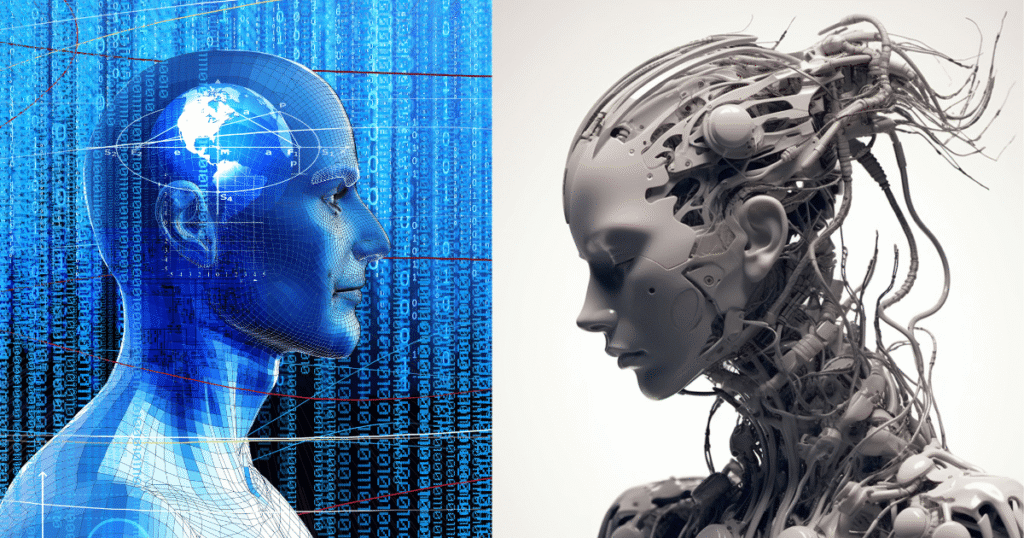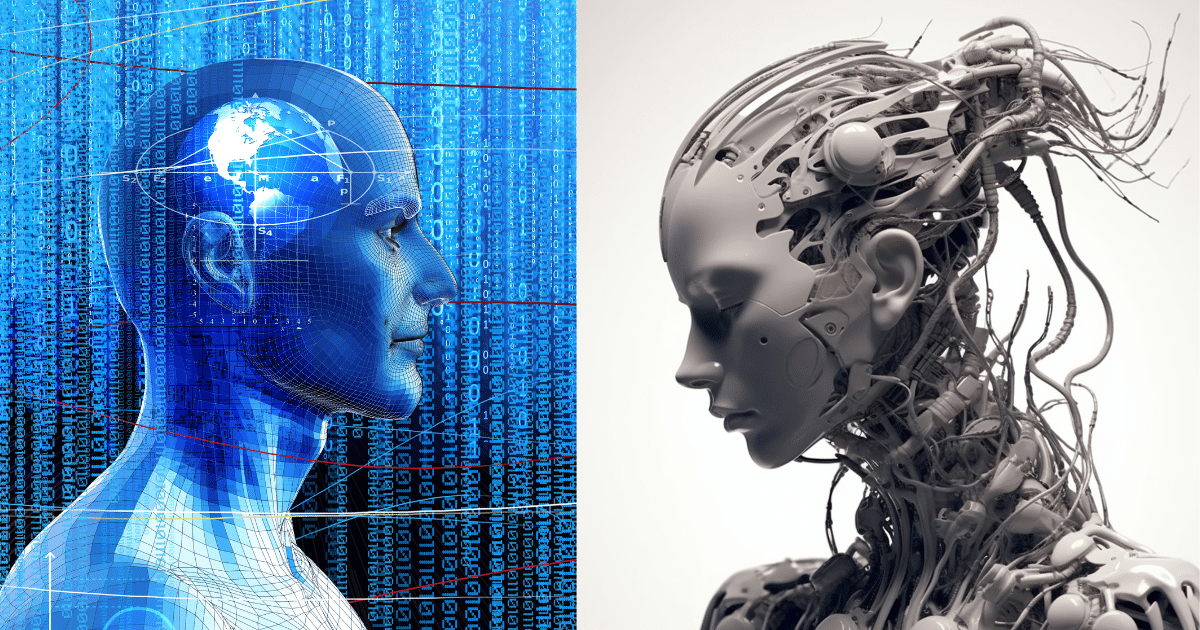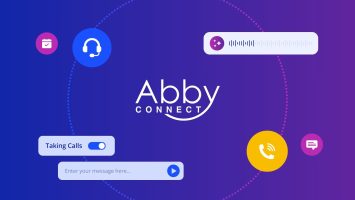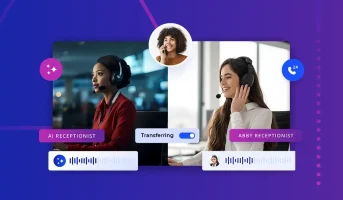How Abby Connect is Tackling Bias in Our Ai Virtual Receptionist
Artificial intelligence is changing the way we live and work. From Ai virtual receptionists to automated customer service, Ai systems are increasingly handling tasks that once required human interaction. But as Ai takes on more responsibilities, a pressing question arises: Is AI sexist?
The answer, unfortunately, is yes—Ai can be sexist. While Ai technology itself is not inherently biased, the data it learns from can be. Ai models are only as good as the data they are trained on, and when that data reflects existing societal biases—such as gender inequality, stereotypes, and underrepresentation—those biases can seep into the Ai’s decisions, sometimes with harmful effects.
Abby Connect Refuses to Ignore This Problem
This is a critical issue, particularly as Ai becomes more prevalent in workplaces and customer-facing technologies. Here at Abby Connect, we’re in the midst of Beta testing a new Ai-powered receptionist product. Abby is committed to ensuring that our Ai virtual receptionist avoids bias, creating a more equitable, accessible, and human-like experience for all users, regardless of gender, race, or other demographic factors.
Let’s explore why Ai can be sexist and the steps Abby is taking to prevent this bias.
Is Ai Sexist? The Gender Bias Problem in Ai
Is Ai sexist? Yes, it can be. But why?
To understand how Ai can be sexist, it’s important to first grasp how Ai systems work. At their core, most Ai applications—including Abby’s Ai receptionist—are driven by machine learning. These models are trained on massive datasets to recognize patterns and make predictions. For example, an Ai model trained to recognize language patterns might learn to respond to customer inquiries in a particular way based on the data it has been given.
However, the problem arises when that data reflects gender biases. Historically, many sectors, including tech, have been male dominated. Consequently, much of the data used to train Ai models often comes from male-centric perspectives. This can result in biased algorithms that make decisions or respond to users in ways that disadvantage women or reinforce harmful stereotypes.
One well-known example is Amazon’s Ai recruitment tool, which was scrapped after it became apparent that it was biased against female candidates. The tool was trained on resumes submitted to Amazon over the past 10 years, a period during which men dominated technical fields. As a result, the Ai system learned to favor male candidates, penalizing resumes that included words or experiences more commonly associated with women.
Another example can be seen in voice assistants. Many popular voice assistants, such as Siri and Alexa, default to female voices. Research has shown that users often associate female voices with subservience and helpfulness, perpetuating stereotypes about women being expected to perform certain “service-oriented” roles. While this may seem harmless, it subtly reinforces societal biases.
Ai and Abby Connect: Avoiding Gender Bias in Virtual Receptionist Product
Abby’s new Ai-powered virtual receptionist product is designed to make businesses more efficient by handling incoming calls, scheduling appointments, and offering a personalized customer experience. But like all Ai technologies, our Ai receptionist is only as effective and fair as the data we build it upon.
Abby is currently in Beta testing with this new product, and we are keenly aware of the need to avoid these biases. Gender bias in a virtual receptionist could lead to frustrating customer interactions, limit the inclusivity of the service, and diminish the overall user experience. Abby aims to build an Ai assistant that not only performs well but also treats all users—regardless of gender or background—with respect and fairness.
Why Bias Happens in Ai
Ai bias is not intentional; it’s typically a byproduct of biased training data. Ai systems learn from the data they are given by humans, and if that data contains biased patterns, however unintentional, the Ai will likely reproduce those patterns. For example, if a voice assistant’s training data mostly includes interactions that reflect male preferences, speech patterns, or topics, it will likely generate responses that align with those patterns.
Gender bias in Ai is especially problematic because it can manifest in a variety of ways:
- Voice and Language: Ai systems may default to using “gendered” language or use feminine tones or voices, as in the case of voice assistants. This can subtly reinforce stereotypes about gender roles.
- Decision Making: Ai systems are designed to make decisions. The decision-making can be seriously flawed and can perpetuate gender disparities if the Ai is trained on historically biased data.
- Underrepresentation: If Ai systems are trained predominantly on male data or from a limited demographic, they may fail to serve or understand the needs of underrepresented groups, leading to exclusion or inaccurate results.
How Abby Is Fighting Gender Bias in Ai
Abby Connect is taking proactive steps to ensure that our Ai receptionist avoids the pitfalls of gender bias. We don’t want our Ai receptionist to be sexist. Here are some of the strategies we are using:
1. Continuous Auditing and Updates
Sexism in Ai is not always obvious at first glance. Even with the best intentions, biases can emerge as the system interacts with real users. Abby understands this and has implemented a system of continuous auditing and updating of our product. As the Ai receptionist is used in Beta testing, we are closely monitoring its performance to detect any signs of sexism, discriminatory, inaccurate, or otherwise inappropriate behavior.
When issues are discovered, Abby updates its technology to correct these errors. This proactive approach allows us to stay on top of any emerging sexism and fix it quickly.
2. Human Oversight and Feedback
Abby welcomes user feedback during the Beta testing phase and beyond, using it to refine the system and identify potential bias or issues that may not have been apparent during development.
The Importance of Ethical Ai
As Ai continues to integrate into our daily lives, the question of ethics in Ai becomes more critical. Ethical Ai is not just about avoiding sexism but ensuring that our Ai receptionist benefits all users, regardless of gender, race, or background. For businesses, this means creating an Ai receptionist that treat all callers fairly and avoids reinforcing harmful stereotypes.
For Abby and the clients we serve, this commitment to ethical Ai is more than a core value—it’s a competitive advantage. Customers are increasingly aware of the social implications of the technology they use. When we deploy a product that is free of sexism, Abby and our clients gain trust, loyalty, and credibility.
Want to Know More About Abby’s Ai Receptionist?
Is Abby Ai sexist?
Abby has worked diligently to refine our Ai virtual receptionist to ensure we launch a product that is effective and impartial. We believe in the power of technology to transform businesses’ productivity and customer service. However, we believe in fairness, equality, and inclusivity as well.
Sign up to join Abby’s Ai receptionist Beta program now.





